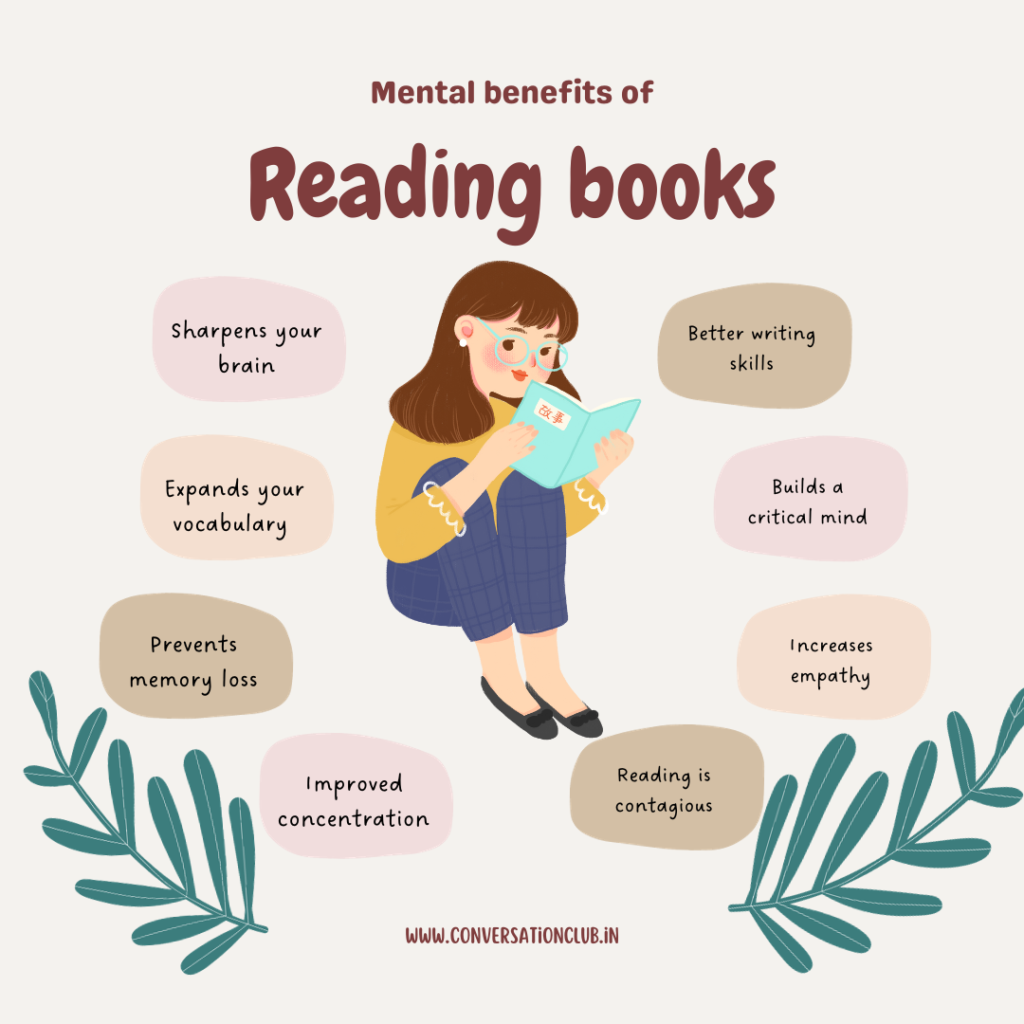Enter the world of learning with Conversation Club!
A Chinese proverb encapsulates the complexities of a curious mind in quite simple terms – A man who asks is a fool for five minutes. A man who never asks is a fool for life.
Knowledge in any format, if consumed and applied, paves way to a meaningful life. One who is not just willing to learn but is also receptive to the idea of unlearning, is on the path towards success. In fact any teacher, mentor or a guide can only help if the student’s mind is open to the process of accepting information and thus learning. The stated is true is any field, including the vast domain of communication skills.
To communicate … to share
Communication simply means exchange of ideas, transfer of information & sharing. It includes the phenomena of expressing emotions, transferring feelings and empathizing with the world where we exist. This could be online or offline. It also means to learn and grow on both personal and professional fronts. The widely accepted effective form of communication is one that essentially helps achieve this imperative objective of growth.
Especially in professional world, the art of communication is acquiring a seat of extreme importance. Relevance of proficiency in the domain of verbal skills and the ability of configure the message in a desired manner is elevating. Certainty of achieving one’s goals is directly proportional to the ability of expression.
A path towards meaningful exchange
Communication is not just about learning the intricacies of a language. It is a much more complex schema of interlinked concepts, critically revolving around intelligent exchange. A decent conversation must have a reasonable message and intent to convey the message. Depending upon the participants in the dialogue, it could be informal in approach or set in a formal apparatus with a professional objective. Either ways, the intention of a well drafted communique is to reach out to the audience and enable successful transmission. Only through continuous meaningful conversations can one truly achieve the objective of effective communication. Communication skills can be honed by assuming the roles of sender and receiver and exchanging information.
Expanding the knowledge base
At Conversation Club, emphasis upon communication skills training is through knowledge based discussions. Subjects from various fields are discussed and the cumulative knowledge of conversation partners drives the learning process. Learners from diverse backgrounds express and learn on this platform. The connect is cautiously harnessed to enable communication skills training.
This investment in communication skills training thus helps streamline the grasp of the language and further boosts the know how in multiple domains. Ability to express and connect fosters a culture of mutual respect and admiration. In professional terms, overall productivity escalates and both internal and external relationships witness a boost.
The potent mix of knowledge, information and communication skills training tools at Conversation Club helps synthesize pertinent ideas and diverse information.
Education is the passport to the future, for tomorrow belongs to those who prepare for it today―Malcolm X



